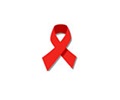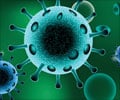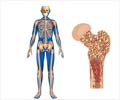Pneumocystis Carinii Pneumonia (PCP)
Pneumocystis Carinii Pneumonia (PCP) is caused by fungus and can be prevented.
Pneumocystis carinii pneumonia (PCP or pneumocystis) is the most common opportunistic infection in people with HIV. Around 1980 there was a sudden increase in the disease ratio in both California and New York among young people with no underlying disease or history of immunosuppressive therapy. A detail search about the prevelance of this disease in the medical literature and various records and registries showed that this disease had a very low incidence rate in the United States. PCP is now almost entirely preventable and treatable. It is caused by a fungus which affects the lungs. People with CD4 cell counts under 200 have the highest risk of developing PCP. People with counts under 300 who have already had another opportunistic infection are also at risk.
"We recently treated several young, previously healthy, homosexual men for multiple episodes of Pneumocystis carinii pneumonia, extensive mucosal candidiasis, and severe viral infections. The clinical manifestations and studies of cellular immune function…indicated a…severe acquired T-cell defect….This syndrome represents a potentially transmissible immune deficiency." - Michael S. Gottlieb et al
Most people who get PCP become much weaker, lose a lot of weight, and are likely to get PCP again. The first signs of PCP are difficulty breathing, fever, and a dry cough. The drugs now used to treat PCP include TMP/SMX, dapsone, pentamidine, and atovaquone.

















